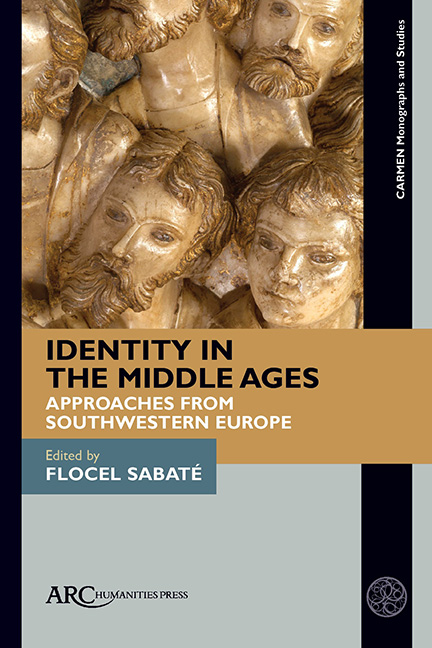Book contents
Chapter 5 - Identity, Memory, and Autobiographical Writing in Twelfth- and Thirteenth-Century French Literature
Published online by Cambridge University Press: 20 January 2022
Summary
PAUL ZUMTHOR ARGUED for the absence, at least until the fifteenth century, of autobio graphical writing during the Middle Ages, that is, the absence of a discourse of the “I,” whose reality was seen as part of lived experience. Zumthor cited troubadour song as an example of “a mental world where autobio graphy is out of the question,” a poetry of rhetorical formalization in which the statements that structure the song are not even articulated in a logical sequence of progression or causality, but refer, in a self-contained, disconnected manner, to a virtual model present in the public's memory: the ethical and aesthetic ideal troubadours called fin’amors. The aim of this chapter is to draw attention to a series of twelfth- and thirteenth-century French narrative texts, which, by representing the act of poetic creation on the fictional plane, do in fact link it to the memory of experience gained by a specific subject and to the expression and affirmation of individual identity.
The Identity of the Individual in Romance Literature
Here a brief introductory reflection on individual identity in medieval Romance literature is necessary. In a text dedicated to subjectivity in literature, Charmaine Lee reminded us that medieval literature devotes little space to a construction of individual identity, either in the case of epic poetry, which “cannot, because of its own nature, be a personal genre,” or in that of lyrical poetry, since the troubadour, despite expressing himself in the first person, sings not so much for a lady to whom he expresses his love as for an audience of troubadours (entenedors) capable of appreciating subtle variations in the expression of an amorous rhetorical code they all know and share. Maria Luisa Meneghetti, for her part, related the scant attention given to individual identity to the general anonymity of literature, at least throughout the twelfth century. This is true, particularly if we think of the chanson de geste and the earliest romans antics, narrations in octosyllables inspired by classical epics and still very close to the spirit of the epic matter. The author of a chanson de geste, in adopting the jongleur's mask, appears as the mere transmitter of the events narrated, while the first romanciers hid behind another mask, that of the translator, taking advantage of the authority emanating from the Latin source.
- Type
- Chapter
- Information
- Identity in the Middle AgesApproaches from Southwestern Europe, pp. 137 - 152Publisher: Amsterdam University PressPrint publication year: 2021

